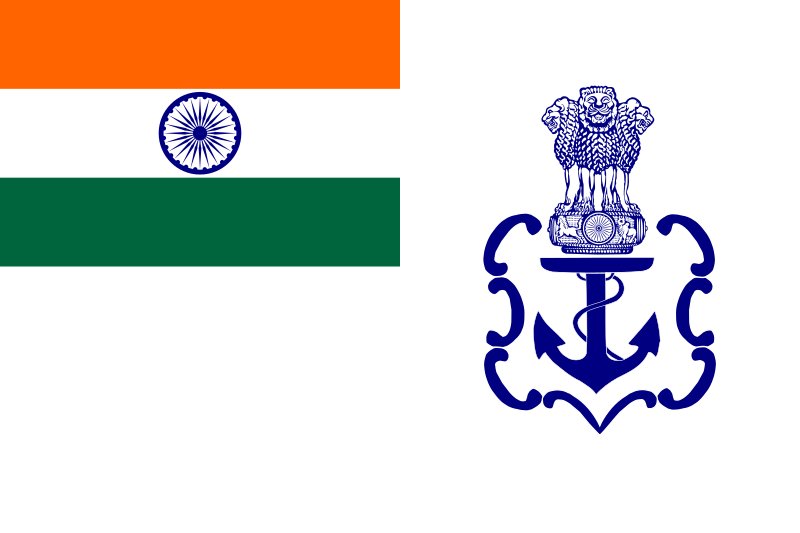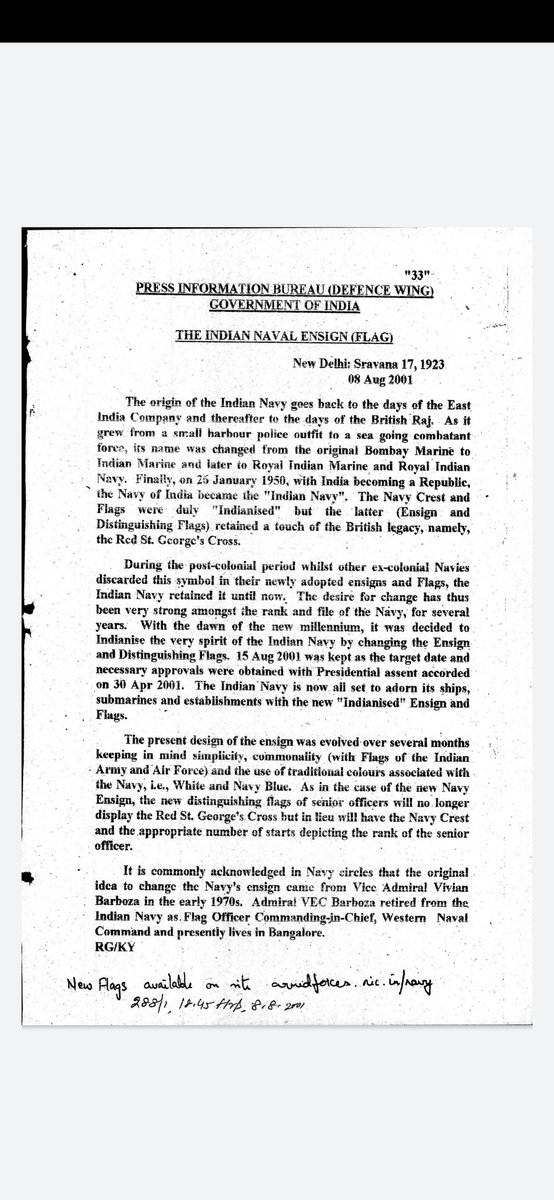
"In 1968, East Germany went about adopting a constitution ... Rather than simply imposing this new document, as the ruling SED could have easily done, it instead chose a more labour-intensive option: a mass national discussion followed by a plebiscite."
historyned.blog/2016/04/10/mor…
historyned.blog/2016/04/10/mor…
"[N]early a million events and meetings were held throughout the GDR to discuss the contents of the proposed constitution ... , the constitutional commission received more than 12,000 letters and post cards from East Germans, expressing their support, concerns, and criticisms."
"The vast number of meetings and discussions surrounding the adoption of the new constitution were meant to both educate the public and ensure their participation in the final vote."
"Objections and concerns were passed upwards to the SED’s leadership and responses were formulated so that they could be relayed by local functionaries."
"During the constitutional discussions, East Germans were given comparative free reign in their criticisms, which were usually attributed to misinformation from West German television."
"While collective action was normally seen as prelude to conspiracy, the Protestant and Catholic churches were able to organize a mass letter writing campaign (approximately half of the 12,000 the commission received) to demand more constitutional protections for the faithful."
"These letters demanded that the SED make space for Christian socialism in the GDR arguing that they were good and loyal socialists, but they would not be able to contribute to East German society if they were forced to adopt an alien atheistic worldview (Weltanschauung)."
"In exchange for the SED accepting their Christianity, the letter writers were prepared to embrace socialism as an economic and political system.
In the end, the SED added a second article on religious freedom as a concession to this mass response."
In the end, the SED added a second article on religious freedom as a concession to this mass response."
"[T]here were several other political parties such as the Christian Democrats and the Liberal Democrats.
While from the perspective of today, parties, parliaments, and elections that aren’t part of a competitive political system seem absurd, but they served important functions."

While from the perspective of today, parties, parliaments, and elections that aren’t part of a competitive political system seem absurd, but they served important functions."


"These institutions ... created venues to include and mobilise the population and to ritualised both their sense of belonging and the legitimacy of the SED." 

"The SED worked in particular to cultivate the support or at least the silence of members of the clergy, sometimes in exchange for material support for a local church."
"The SED saw the procedure of the community coming out to vote as a crucial psychological tool in the affirmation of East Germany as Democratic Republic with the SED serving the needs of the people."
"The existence of regular elections and political parties in East Germany does not disprove that the SED ran a dictatorial state.
It does, however, complicate the simplistic view of the GDR as a totalitarian state that reduced its citizenry to a socially undifferentiated mass."
It does, however, complicate the simplistic view of the GDR as a totalitarian state that reduced its citizenry to a socially undifferentiated mass."
"The electoral system is window into the ideal of what the SED saw for East Germany:a united country of workers and peasants led by socialist party that represented the universal values of socialism. Parties & elections were propaganda, but they were more than *just* propaganda."
Insightful and nuanced analysis, @HistoryNed! Made for a great read.
• • •
Missing some Tweet in this thread? You can try to
force a refresh









